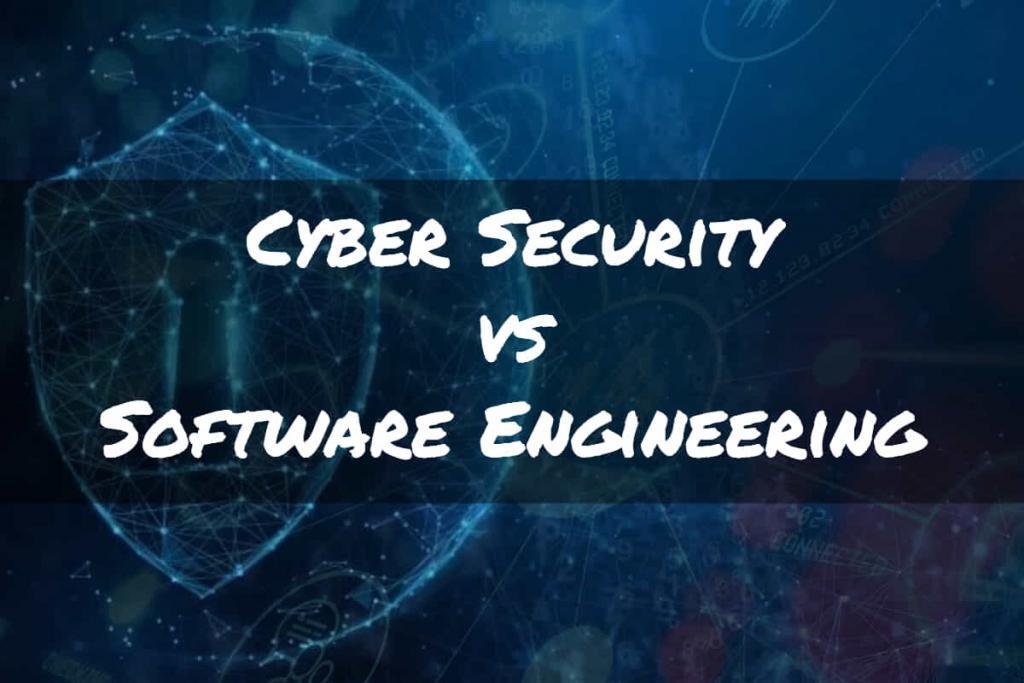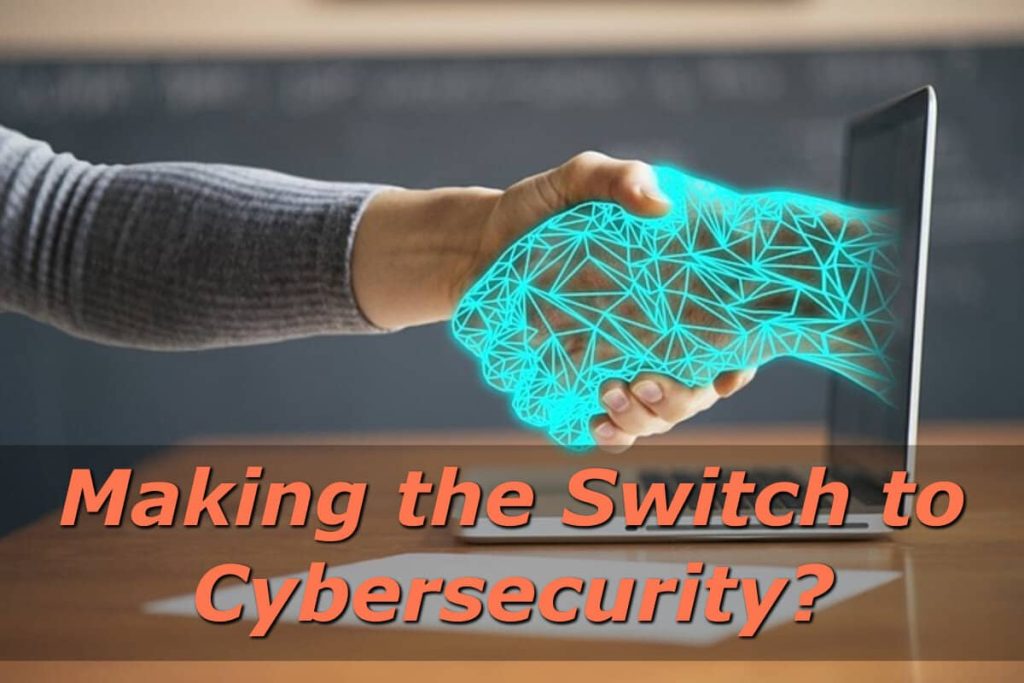Wondering what’s the difference between cyber security vs information security? You’re not alone!
Cybersecurity and information security are two very different concepts, but they’re also related.
Understanding the similarities and differences between these two fields is important for anyone who wants to be involved in either.
Data vs Information
Before we dive into a further explanation, let’s differentiate between data and information.
Though you may not have thought about it, these are not the same thing.
When someone talks about data, its simply means the raw data stored or passing through the IT infrastructure.
For example, encrypted data filled with random alphanumeric characters, binary digits, or even plain text such as “dogs and cats” are all considered data, but it’s data that probably won’t mean anything to the average person; and since it conveys nothing, it isn’t information.
While all information is data, not all data is information; it only becomes information once data can be pieced together to convey a message that can be understood such as an image, video/audio, or meaningful text, regardless of who receives the message.
A good way to remember this is that information “informs” whereas data does not.
And even though they’re quite often used interchangeably, it’s important to note that distinction.
What is Information Security?
Information security is a subset of cyber security that focuses on preventing the loss, corruption, and theft of information.
A familiar concept in information security is confidentiality, integrity, and availability, commonly known as the C.I.A. triad of information.
- Confidentiality prevents information theft
- Integrity prevents information corruption
- Availability prevents information loss
What is Cyber Security?
The first thing to understand is that cyber security involves the hardware and software of the entire IT infrastructure (i.e. the network, computers, operating systems, etc.) all working together in concert to create layers of protection around the organization’s data in order to keep information safe from attacks both external and internal.
The other thing you should know about cyber security is that it’s not static; it changes constantly as we learn more about how hackers operate and what new vulnerabilities arise every day.
Similarities Between Cyber Security and Information Security
While cybersecurity focuses on protecting the infrastructure from threats, information security focuses on protecting data from being compromised by those same threats; therefore, since data loss means information loss, both are concerned with protecting information from unauthorized access or use by keeping data (or information) secure.
The two disciplines are very similar. In fact, it’s hard to think of anything you’re going to do in one field that won’t be applicable to the other. However, there is a difference to keep in mind.
Differences Between Cyber Security and Information Security
The main difference between cyber security vs. information security is what aspect of security is being prioritized.
Information security focuses on preventing unauthorized access to information while cybersecurity is a broader field that refers to protecting against all threats that could impact the IT infrastructure.
Though in practice no distinction is made, it’s important to note that cyber security is more holistic in perspective which includes all security domains.
Cybersecurity is a culture
Cyber security is also not a technical issue – it’s a cultural one that requires a commitment from all employees in an organization. And it’s also not just the responsibility of a few technical folks either. Rather, it’s everyone’s responsibility to ensure information security and data protection practices are implemented and followed.
This means creating an organizational culture where security is everyone’s top priority, including C-level executives who should be setting the example for others through their own best practices and behaviors (such as using strong passwords).
How to Get into Cyber Security?
Interested in diving into this field? In general, there are several ways that one can get into this field:
Training: If you already have experience working in IT or in another related field like law enforcement or military intelligence (all good sources for people who want to break into this market), then it may be possible for your employer to provide some training opportunities where they send employees offsite for short courses on topics relevant to their work environment. These courses would vary depending on what kind of organization they work for (and whether they’re willing/able) but could include topics such as penetration testing and incident response management techniques as well as white hat hacking techniques like social engineering.
Certification: There are plenty of programs out there that offer certificates in cybersecurity/information assurance (CISSP/CISA). One of the best certifications to obtain if you have no experience in IT is the CompTIA Network+ certification. It’s a good certification for individuals that have little to no understanding of IT infrastructures and provides a good entry point.
Education: It’s also possible to earn a Bachelor’s, Master’s, or an MBA with a focus on cyber security or information assurance.
What’s the difference between cybersecurity analyst and engineer?
How to Get into Information Security?
The answer to the question, “How do I become an information security professional?”, is so similar to asking “How do I become a cyber security professional?” that you’ll find most of the information here applies equally well to both.
Some places will refer to information security as cybersecurity and vice versa. Just know that they’re all likely to mean the same thing.
Interested in More?
Cyber Security vs Network Security: Which Is Better?
Choose the Right Career, Cyber Security vs Ethical Hacking
What Is the Best Job in Cyber Security?
Do You Need a Degree for Cyber Security?



